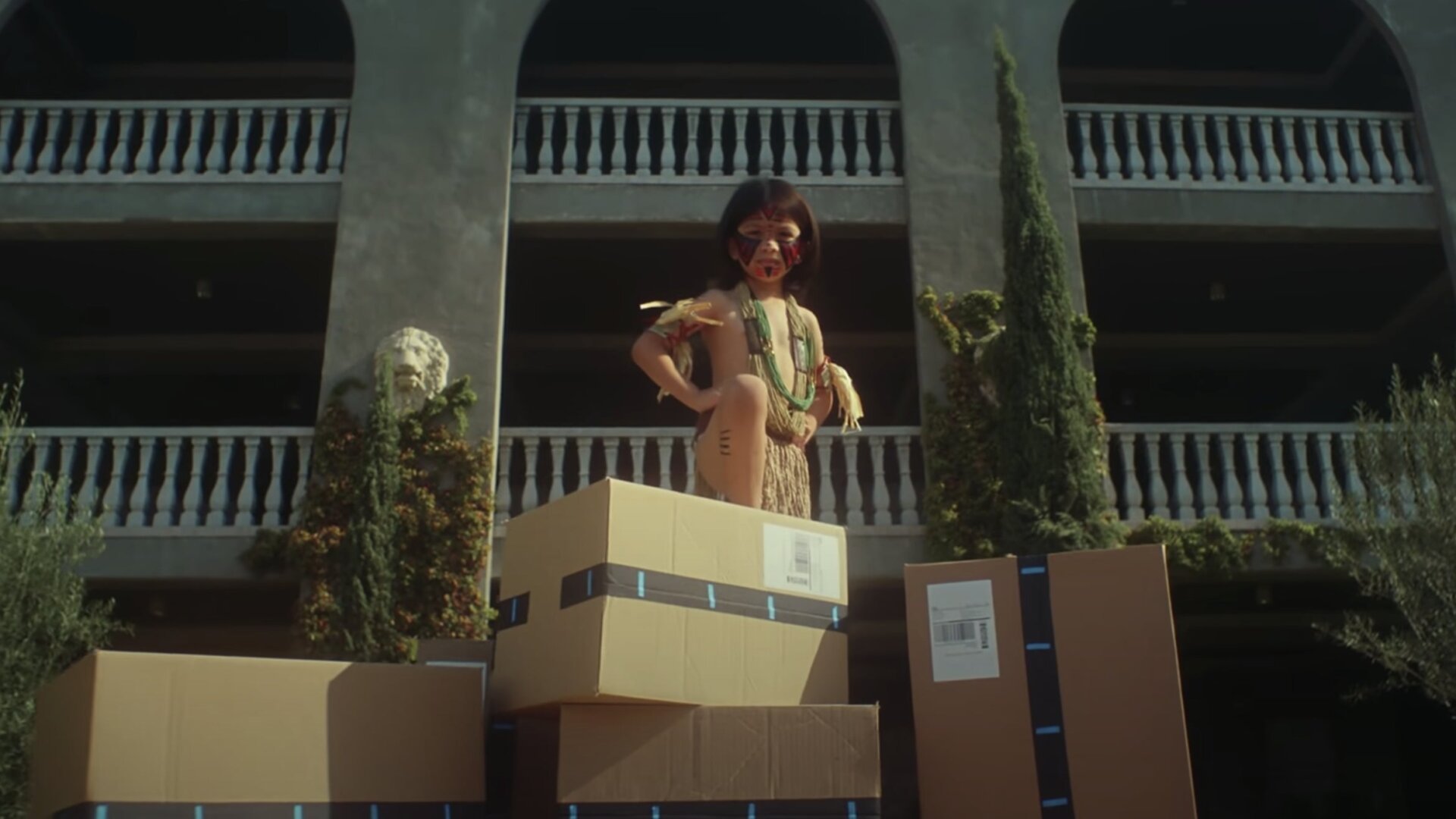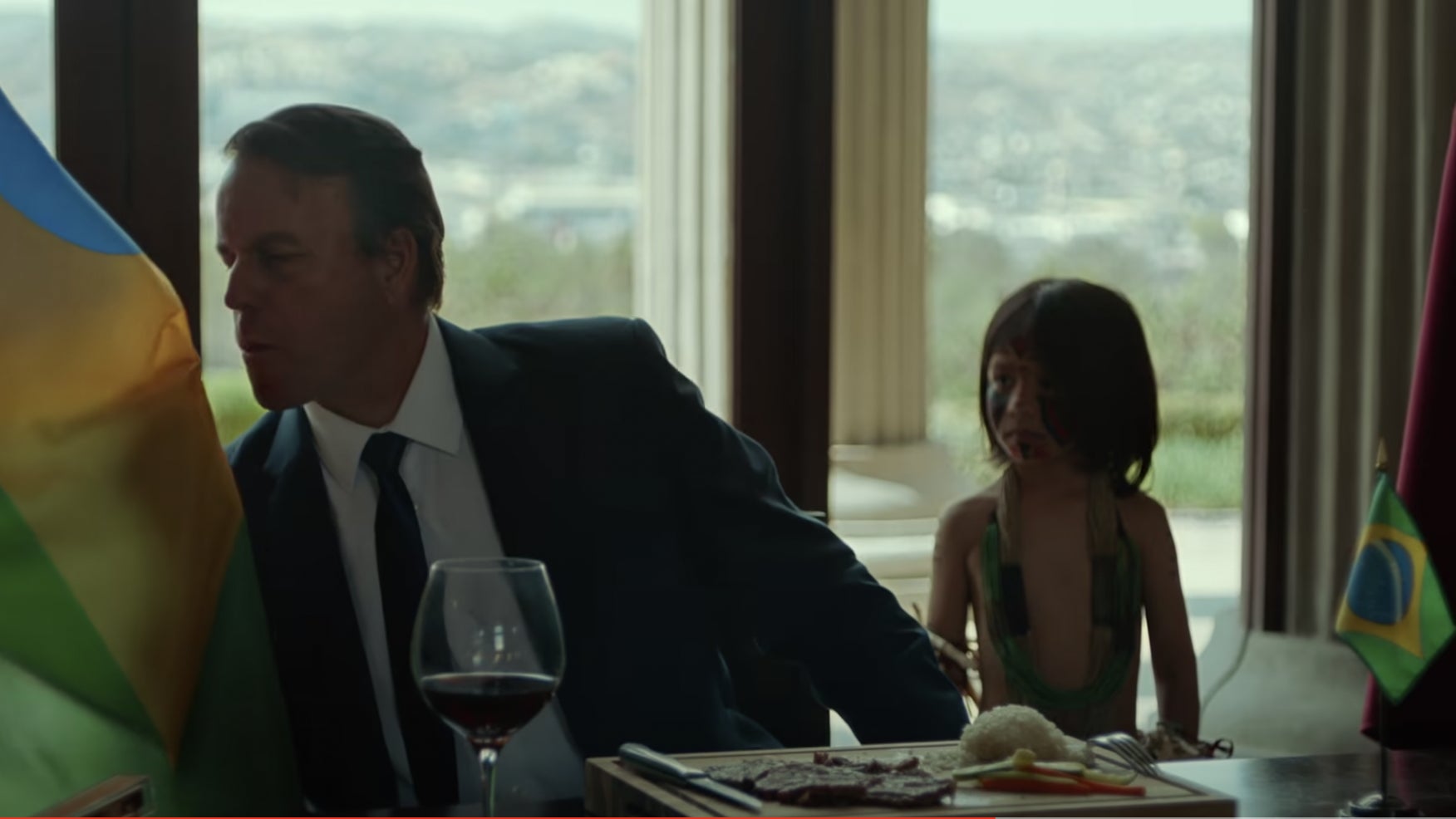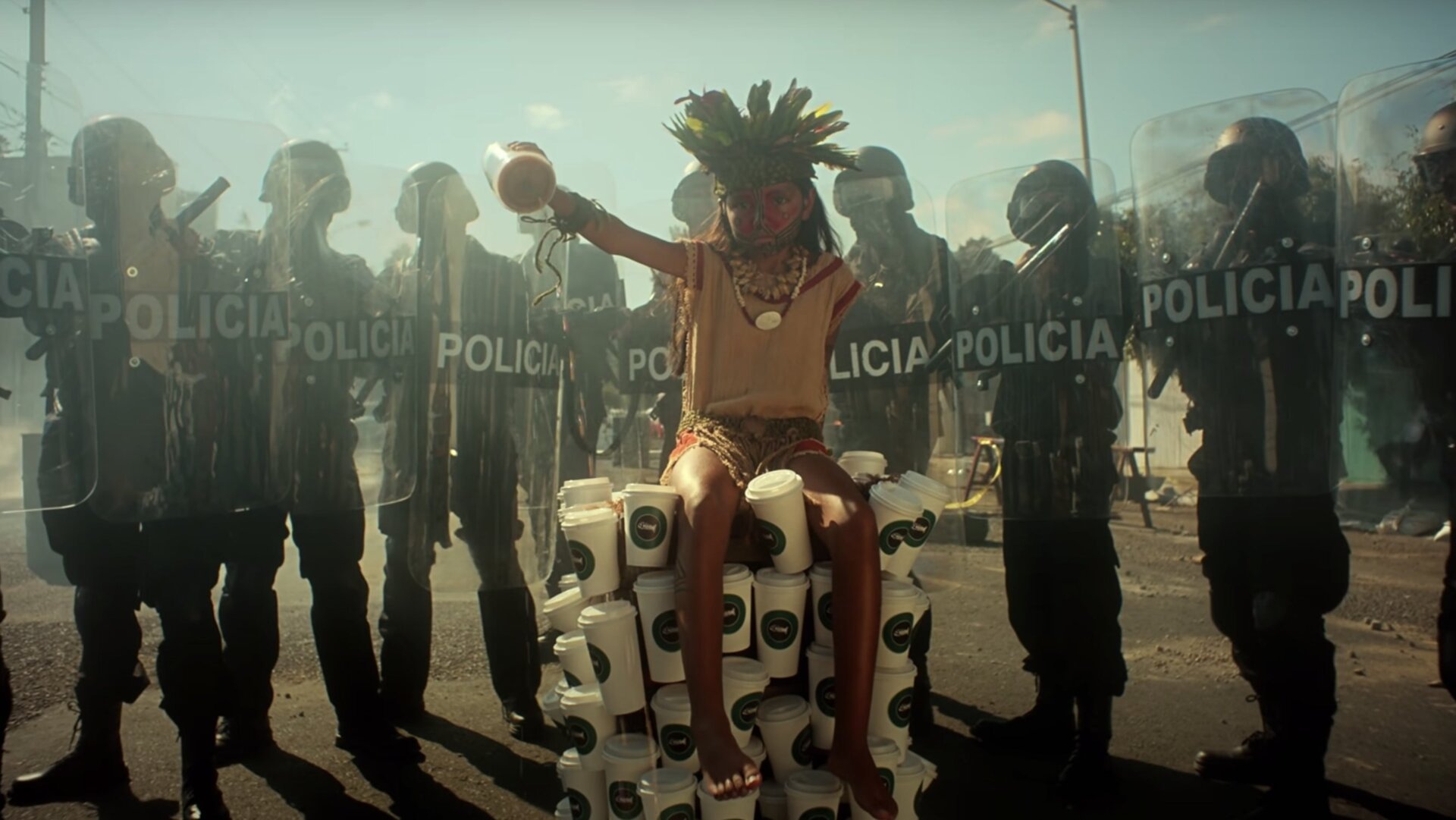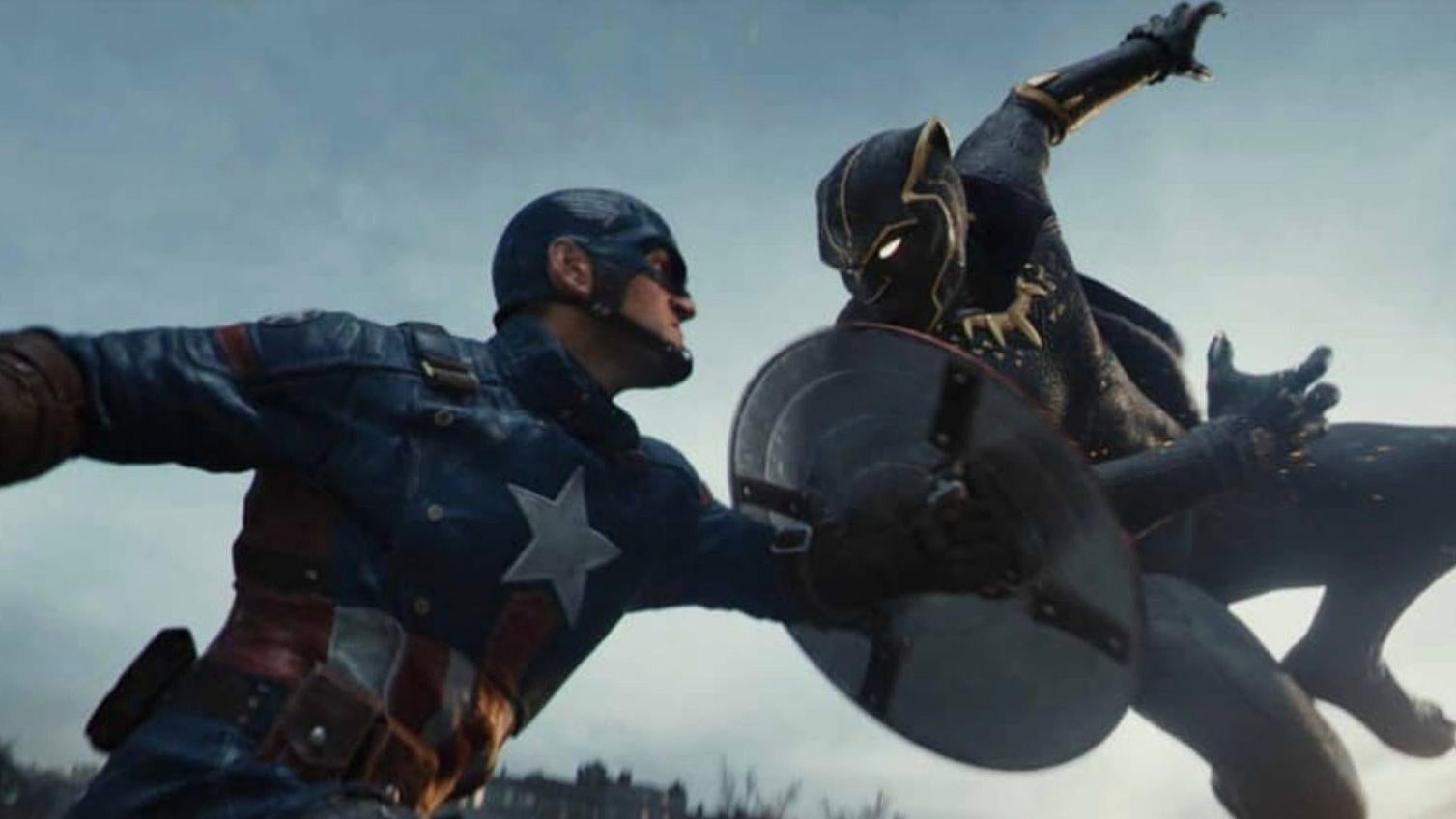Grammy- and Latin Grammy-winning Puerto Rican rapper Residente’s latest song, “This is Not America,’’ is an anthem for people who understand that imperialism and forced immigration cannot be separated from environmental issues.
Both social and environmental crises are shown in bloody realism throughout the music video, currently trending at #11 for music on YouTube. “This is Not America,’’ featuring Afro-French Cuban duo Ibeyi, takes aim at police brutality as well as pollution from environmentally extractive industries that force Latin America’s Indigenous communities from their ancestral lands.
“Aquí estamos, siempre estamos. No nos fuimos, no nos vamos. Aquí estamos pa’ que te recuerdes. Si quieres, mi machete te muerde,” the chorus says. “Here we are, always are. We haven’t left, we won’t leave. Here we are, so that you can remember. And if you want, my machete will bite you.”
Many of Residente’s anti-imperialist songs mention machetes, perhaps a connection to his constant critique of Puerto Rico’s status as a U.S. colony, something he discussed in interviews following Hurricane Maria in 2017. His music is a reminder that having a Caribbean identity, having a Latin American identity, comes with a lot of baggage.
“Desde hace rato, cuando ustedes llegaron, ya estaban las huellas de nuestros zapatos,” Residente raps. “For a while before you arrived, the footprint of our shoes were already here.”
“America isn’t just the USA papá, it’s from Tierra del Fuego to Canadá.”
The video opens with an ode to Lolita Lebrón, a member of the Puerto Rican nationalist party who shot a pistol during a House of Representatives chamber meeting on March 1, 1954, alongside other nationalists calling for Puerto Rican independence. Her attack on the governing body came just a few years after the El Grito de Jayuya, or the Jayuya uprising of 1950, a revolt against U.S. imperialism in the town of Jayuya and in several other towns across the island. The deceased Lebrón is now a leftist hero.
In the video, an actress representing Lebrón shoots into the air, and nearby police officers start running toward her.

What follows are scenes of protests against heavily armed police, people forcibly separated (including a mother breastfeeding her child through a fence), and what look like students lined up with bullet holes in their heads. The backdrop features bomba beats, an Afro-Puerto Rican style of music that often symbolizes resistance against oppression and was a powerful tool for expression during the 2020 Black Lives Matter protests.
In one scene, an Indigenous child sits on a tower of McDonalds-style fast food containers; other shots show Indigenous children on piles of disposable coffee cups and Amazon packages. A man with Eurocentric features in a suit is eating steak with a glass of red wine. After taking a bite, he turns to wipe his face with a large Brazilian flag as another Indigenous child looks on.
The steak-and-flag scene is the video’s least subtle reference to climate justice and Indigenous rights. I interpreted it as a nod to the socially and environmentally destructive policies of Brazilian president Jair Bolsonaro. When the man wiped his face, I thought for a moment that I was looking at Bolsonaro himself.

Under Bolsonaro’s leadership, millions of acres of the Amazon rainforest have been set on fire and illegally cleared for cattle and crops—top export products for the country—in just a handful of years. Indigenous forest defenders and allies who work with them are often displaced and even murdered so that there can be more land for agricultural production. In 2021, the Brazilian Senate committee created a draft accusing Bolsonaro of crimes against humanity, including genocide. He’s made it clear time and time again that it doesn’t matter if people are displaced and the environment destroyed, as long as industries turn a profit.
“This Is Not America” is an impactful and graphic condemnation of unfettered corporate greed and the cruelty of those in power. It’s also a warning that many of the victims of are fighting back.
Residente reminds us that there are casualties from modern imperialism. Just because it doesn’t look like ships arriving on the shores of a supposedly undiscovered land, doesn’t mean that imperialism is a thing of the past. Residente tells us that it happened then, and it’s happening now.
The U.S. and other wealthy nations outsource our trash and our pollution to vulnerable communities. The long-lasting devastation that ensues is easier to ignore if we don’t know where the bodies are—and this video aims to put those corpses front and center. It ends with bodies being laid out to form the word “America.”














